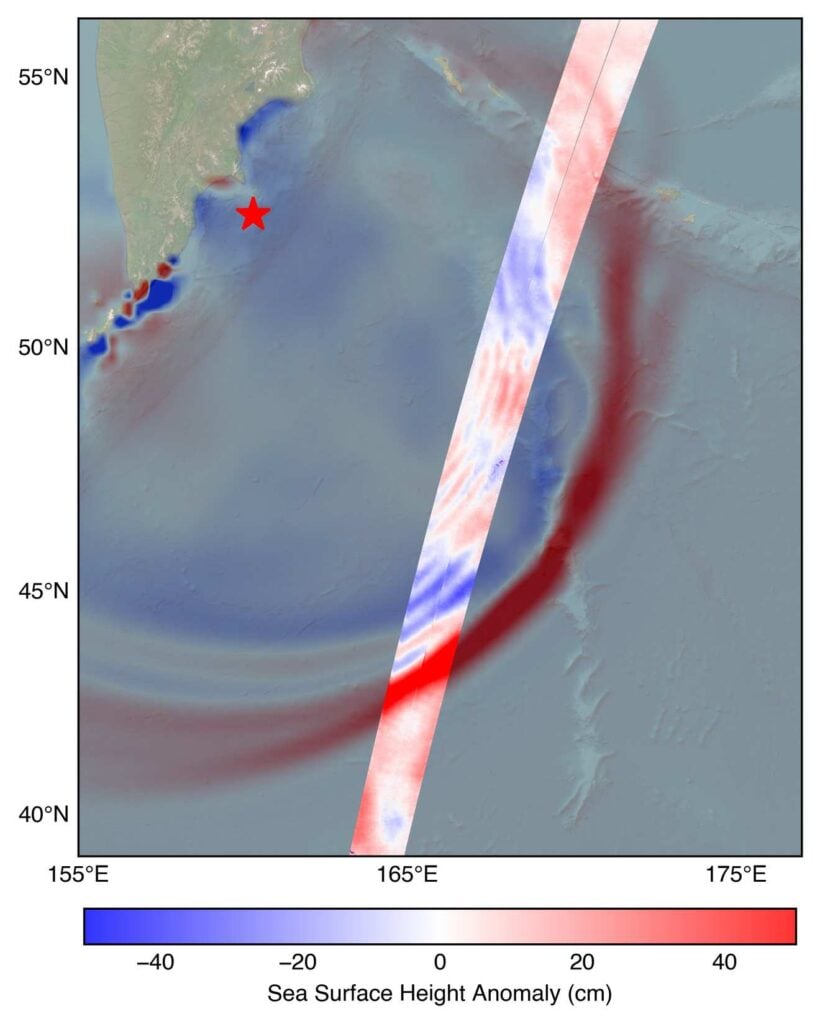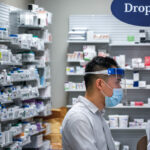UK researchers have identified a collection of patient self-assessment tools that may revolutionize care for cancer patients undergoing CAR T-cell therapy, potentially increasing treatment accessibility and enhancing patient wellbeing.
The study, published in The Lancet’s eClinicalMedicine journal, marks the first time experts have used a consensus method to choose patient-reported outcome measures specifically for CAR T-cell therapy monitoring.
CAR T-cell therapy has proven effective against blood cancers but often comes with significant side effects that require extended hospital stays and close monitoring. The new electronic system, called PRO-CAR-T, would allow patients to report symptoms remotely in real time.
“Implementing electronic PRO systems could support remote monitoring of patients for acute, late, and long-term effects of CAR T-cell therapy,” said Dr. Sarah Hughes, the study’s lead author from the University of Birmingham. “This enhances both clinical care and, vitally, the patient experience.”
The research team used a modified Delphi method involving 19 participants, including both patients and healthcare professionals from a UK National Health Service cellular therapy center. After just one round, they reached consensus on four key measurement tools:
Symptom Burden Questionnaire (SBQ) to track treatment-related symptoms:
- A specialized assessment tool for measuring long-term impacts on cancer survivors
- EQ-5D-5L to measure health-related quality of life
- FACT-GP5 as a single-item indicator of treatment tolerability
Similar Posts
Together, these instruments constitute the basis for the PRO-CAR-T electronic monitoring platform, which could enable physicians to address complications more promptly while enhancing accessibility and reducing costs of treatment.
Recent research shows CAR T-cell patients commonly experience symptoms like fatigue (89.7%), sleep disorders (79.4%), and decreased appetite (66%) around four weeks after treatment. Serious side effects can include cytokine release syndrome and neurotoxicity, which require prompt medical attention.
The new system builds on previous research published in Lancet Oncology that defined four key measurement domains for CAR T-cell therapy. The program is now entering feasibility testing with defined alert thresholds and usability studies.
While the number of CAR T-cell therapy studies reporting patient outcomes is growing, implementation in routine clinical care remains limited. Hughes noted that “further investigation within this rapidly evolving field” is still needed as therapies advance.
The work received funding support from the NIHR through its specialized research unit for cellular therapeutics at Birmingham University.



















